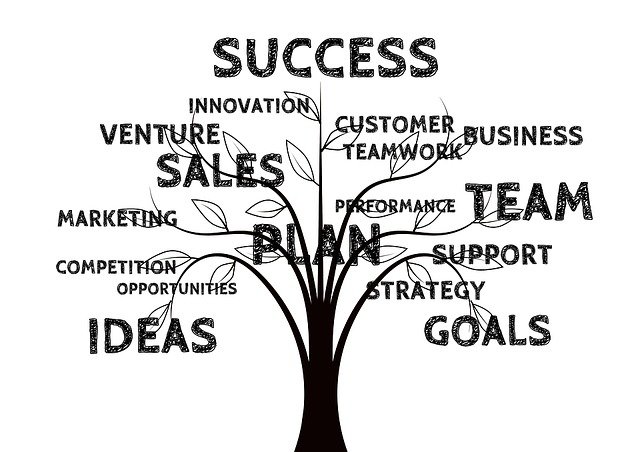Organisational fitness and people management: the CRM link
This quote by Steve Jobs, co-founder of Apple and a charismatic pioneer of the personal computer age, brilliantly touches on one of Jobs’s traits when hiring employees: he was known as someone who liked to be challenged, and this was the approach he took when looking to add additional members to his team.
When one considers that typically, a business is only as good as the people who work there, Jobs’s insight is as valid today as it was when he was still alive and leading Apple as its CEO.
Arguably, the strategic management of a company’s employees is even more important when the economic climate is challenging, as people are a hugely important element thereof. This all speaks to the organisational fitness of the business, of which employees are a significant – and pivotal – part.
The above all points to the following question: How can customer relationship management (CRM) assist with organisational fitness in general, and with people management more specifically?
Defining CRM
One of CRM’s primary goals is to promote – and improve – the understanding of the organisation’s customers, and therefore business opportunities going forward. CRM achieves this by incorporating the strategies, practices and technologies which companies use to manage and analyse their customer interactions and data.
Organisational fitness and employees
Organisational fitness is a useful term that describes an organisation’s overall ‘health’ and its capacity to achieve its goals and objectives, and ability to perform effectively – while adapting and innovating in a constantly changing environment. As such, organisational fitness incorporates factors such as the organisation’s leadership, resources, culture and operations.
An organisation that is ‘fit’ is able to respond quickly to changes in the market, maintain high levels of productivity and efficiency, and achieve its strategic goals. To achieve organisational fitness, companies are advised to assess and optimise their structures, processes, systems and human capital.
The success of any organisation ultimately depends on the effectiveness of its employees, and their positive management is critical to ensuring that they are motivated, productive and aligned with the company’s goals and objectives.
The role of CRM in successful people management
A good CRM solution can assist with successful people management in a number of ways, including improving performance, behaviour, efficiencies, and management-employee relationships, as follows:
- CRM technology can help managers track and analyse employee performance data, such as sales figures, customer satisfaction ratings and call response time, to note areas where the team is excelling – and where additional training may be required.
- A CRM solution provides data on employees’ behaviour, such as their interaction with customers and their adherence to company policies and procedures. This helps managers identify areas where employees may need coaching or additional training to improve their performance.
- With regards to efficiencies, a CRM solution can streamline workflows and automate routine tasks, thereby freeing up employees’ time to focus on more complex tasks.
- A good CRM solution can help foster better relationships between managers and employees, by providing a centralised communication platform – thereby ensuring that everyone is on the same page and working towards the same goals.
Good people management = organisational fitness and success
In conclusion, wise and effective people management is critically important in ensuring a company’s success. However, it is clear that while people management is an enormous topic – with many excellent books written about it – one thing is clear: there is no ‘one size fits all’ model.
Nonetheless, it is important to note that CRM solutions are able to contribute substantially towards effective people management: providing the data and tools required to identify and address performance issues, improve behaviour and efficiencies, and build stronger relationships with employees and customers. Ultimately, this is to the benefit of all stakeholders and the overall financial sustainability of the company moving forward.


